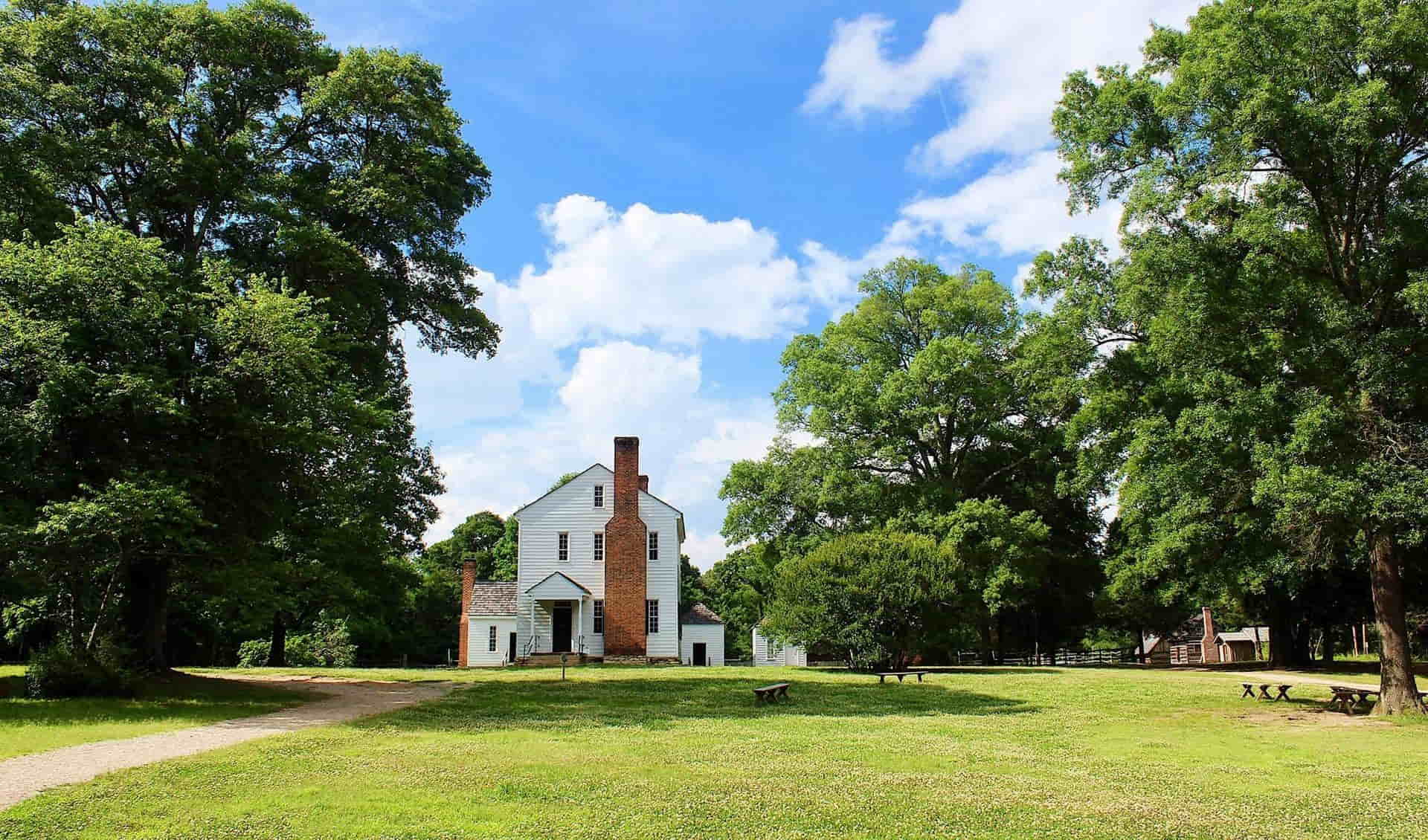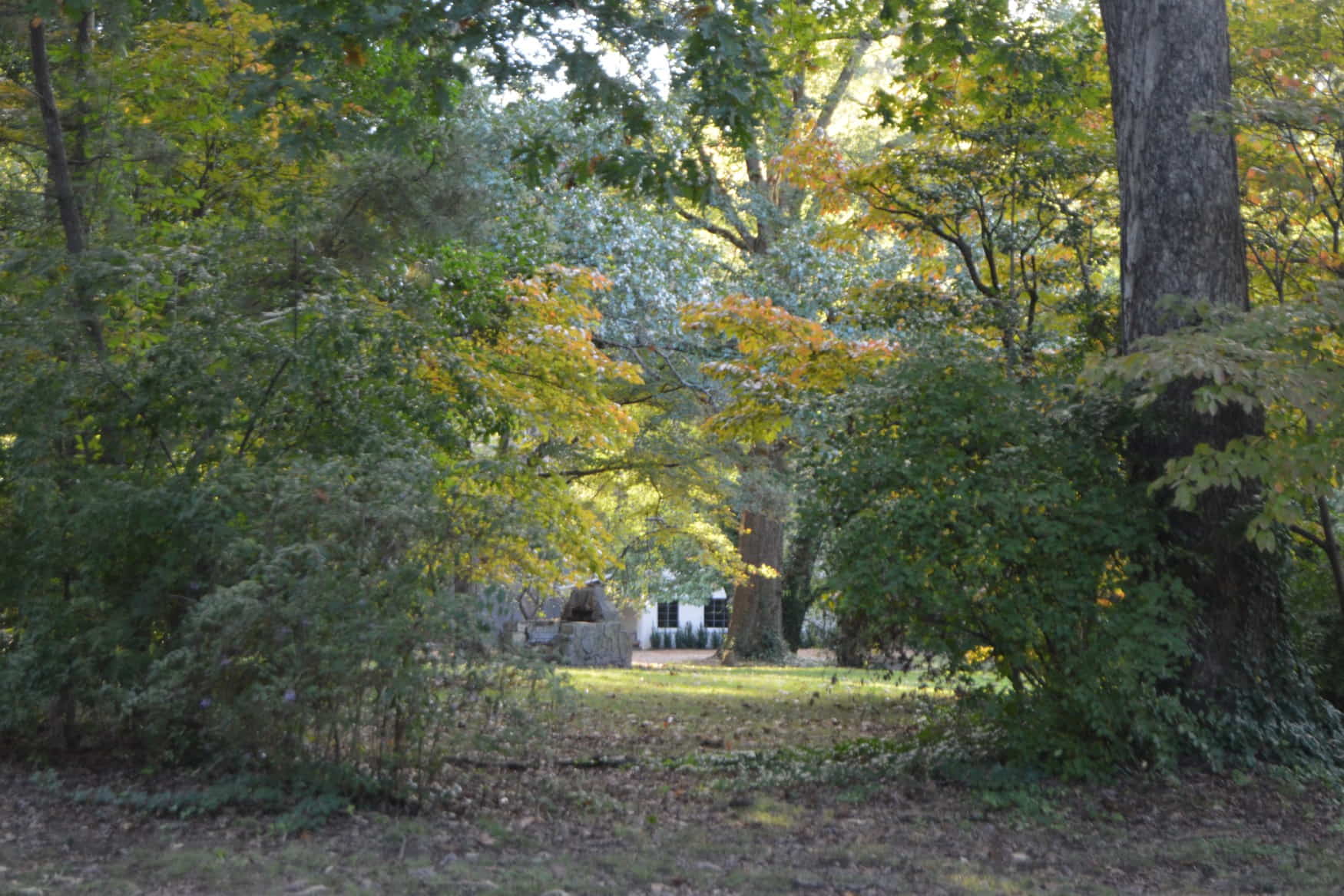Latta Place Historic Site, formerly known as Latta Plantation, is a historic house in Huntersville, North Carolina, near Mountain Island Lake. Built around 1800, it showcases Federal architecture with Georgian design elements. This site is significant for its role in the antebellum North Carolina Piedmont, offering insights into the lives of the wealthy planter class and the enslaved individuals. Added to the National Register of Historic Places in 1972, Latta Place is a history museum providing educational programs and events. Its historical and cultural importance makes it a compelling destination for visitors interested in exploring the complexities of 19th-century life.
Highlights
- Architectural Significance: Federal style with Georgian elements.
- Historical Role: Insight into antebellum North Carolina.
- Living History Museum: Offers educational programs and events.
Contents
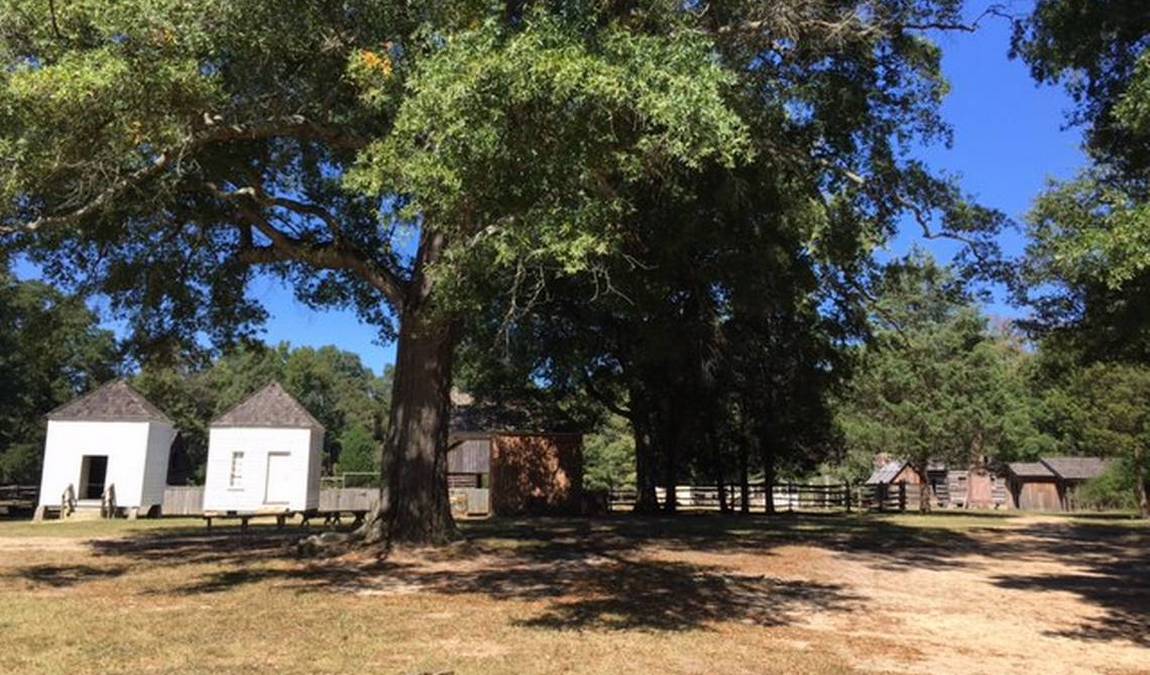 Photo: charlotteobserver.com
Photo: charlotteobserver.com
Here is Why Your Kids Will Find it Interesting
Latta Place Historic Site is worth visiting with kids aged 8 and up. The site offers engaging living history demonstrations that bring the past to life, making it an educational experience. Children can participate in interactive programs and explore the Ezekiel Alexander Log Home, which provides a glimpse into 19th-century life. The hands-on activities and historical reenactments make history tangible and exciting for young minds.
Family-friendly Features
- Interactive Programs: Engaging activities for children.
- Historical Reenactments: Brings history to life for families.
- Ezekiel Alexander Log Home: Offers a tangible connection to the past.
Historical Background
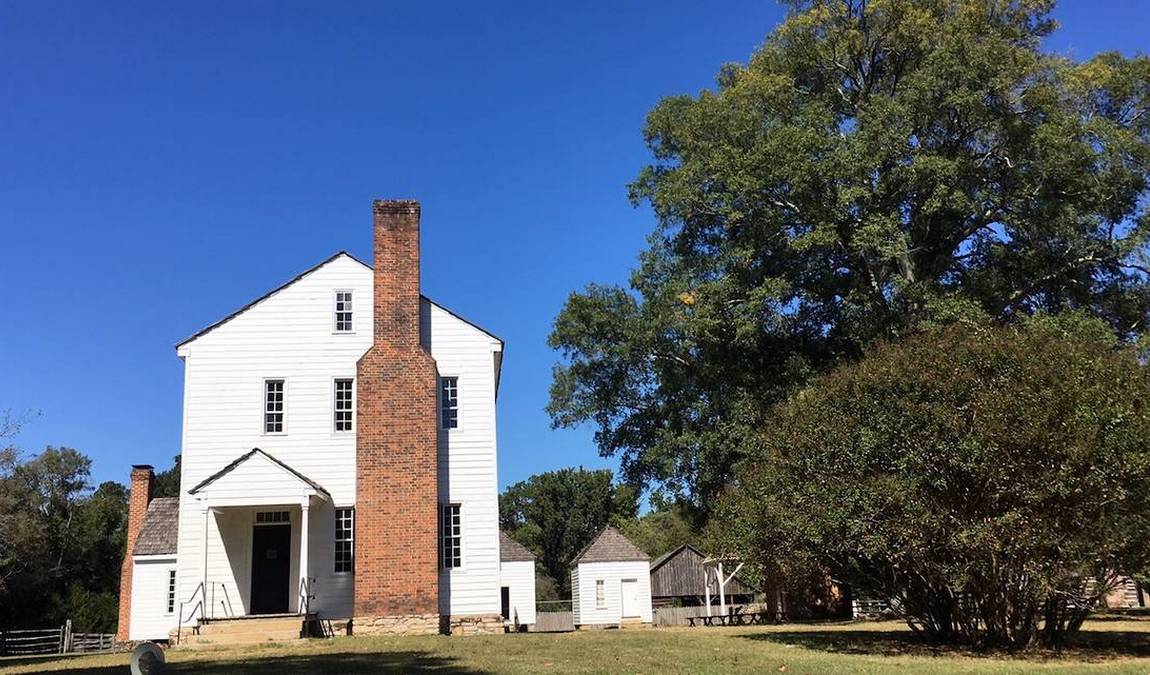 Photo: charlotteobserver.com
Photo: charlotteobserver.com
Latta Place, originally known as Latta Plantation, is a historic site that offers a window into the architectural and social history of early 19th-century North Carolina. Constructed around 1800, the building exemplifies Federal architecture, characterized by its symmetry and classic lines, with notable Georgian elements such as the intricately designed main staircase. This architectural style was favored by the wealthy planter class of the region, reflecting their tastes and social status during the antebellum period.
The Plantation Era
James Latta, an immigrant from Northern Ireland, was the original owner of the plantation. After a successful career as a traveling merchant, he retired and transformed his property into a cotton plantation. The plantation spanned approximately 742 acres and relied on the labor of 34 enslaved individuals. This setup was typical of the economic and social dynamics in the Piedmont region of North Carolina during the antebellum era. The plantation not only highlights the economic reliance on slave labor but also offers insights into the daily lives and struggles of the enslaved people who lived and worked there.
Ownership Changes and Decline
Following James Latta's death in 1837, the property changed hands several times. His wife, Jane, sold the plantation to David Harry, and later, it was purchased by William Sample in 1853. The Sample family maintained ownership until 1922, after which Crescent Land and Timber, a subsidiary of Duke Power, acquired the property due to its proximity to the Catawba River. The plantation was then rented out to tenant farmers until it was abandoned in the 1950s.
Preservation Efforts
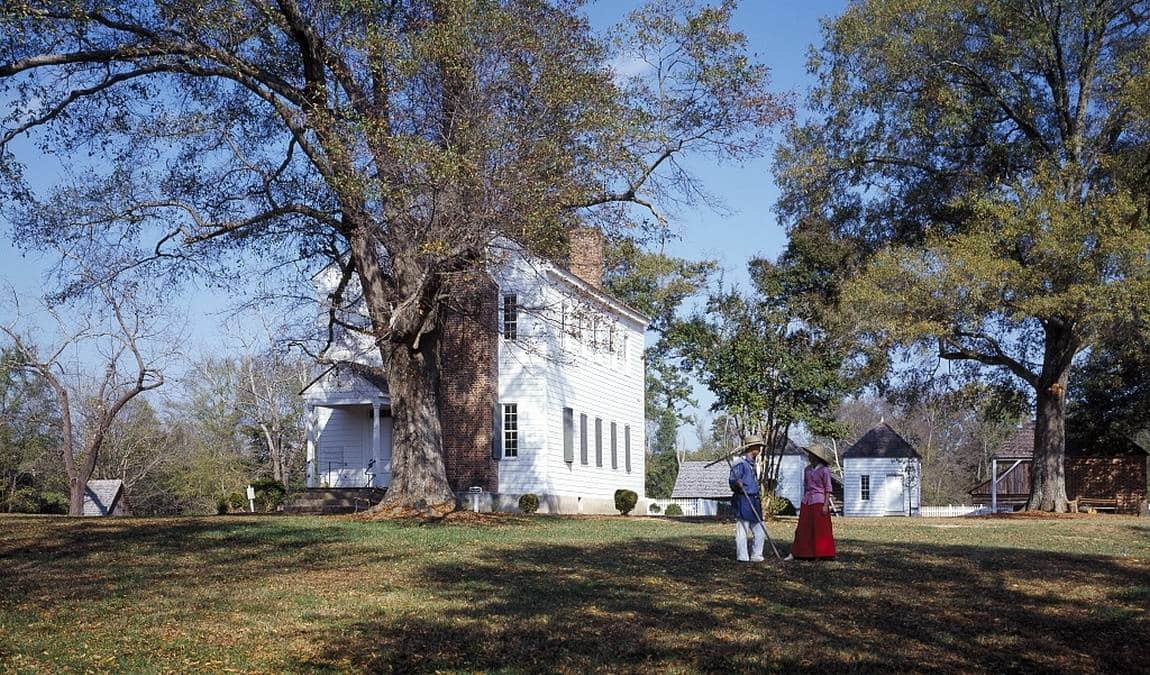
Photo: wikipedia.org
In the 1970s, recognizing Latta Place's historical and structural significance, a group of concerned citizens formed a non-profit entity, Latta Place, Inc., to save and restore the property. Spearheaded by Jean Boggs, the organization secured $110,000 from Mecklenburg County for restoration efforts. These efforts culminated in the mid-1970s when the house was opened to the public. Subsequently, Latta Place, Inc. donated the house and land to Mecklenburg County, recommending the purchase of adjacent properties to form the Latta Plantation Nature Preserve.
National Recognition
In recognition of its historical and architectural significance, Latta Place was added to the National Register of Historic Places on March 16, 1972. This designation underscores the site's importance as a cultural and historical landmark, preserving the stories and structures of the past for future generations to explore and learn from.
Today, Latta Place serves as a living history museum, offering guided tours of the home and self-guided tours of the grounds. The site includes the historic Ezekiel Alexander Log Home, a log building between 1760 and 1790, relocated from nearby Charlotte for preservation. Visitors can engage with the site's rich history through various programs, events, and exhibits that bring to life the complex narratives of the antebellum South.
The Carolina Raptor Center is 1 km away, which we would also recommend for a visit with the family.
Current Use and Features
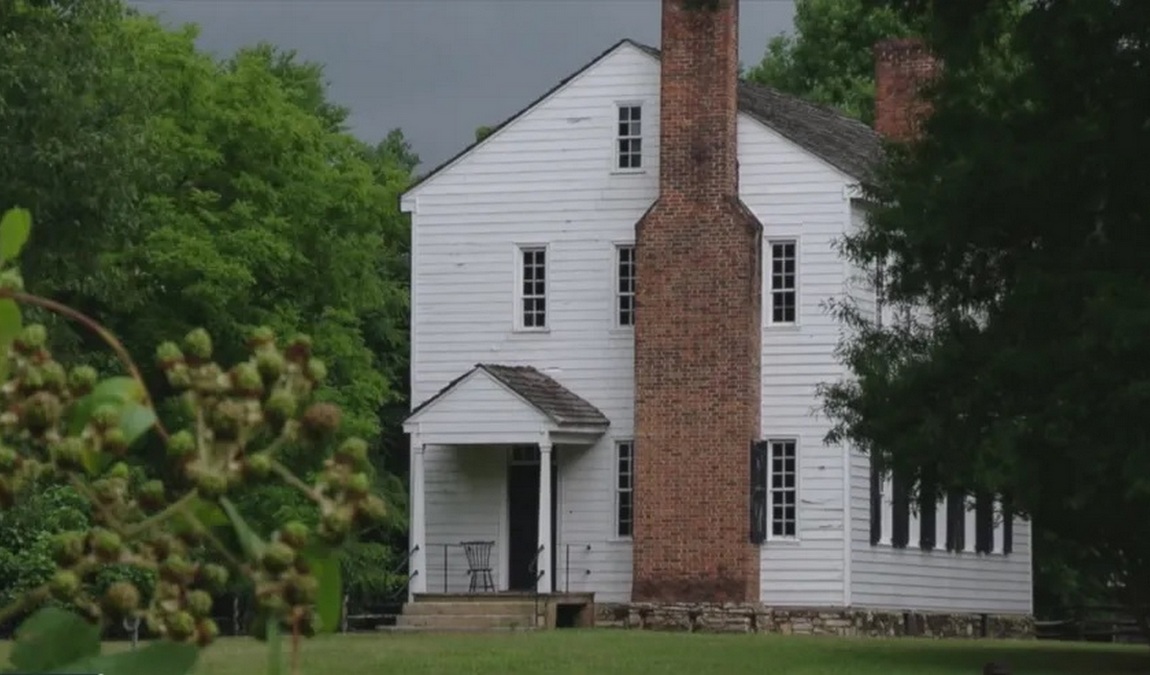 Photo: qcnews.com
Photo: qcnews.com
Latta Place operates as a living history museum, offering various educational programs. These include battle reenactments, summer camps, and homeschool programs, providing visitors with a dynamic understanding of 19th-century life. The site also features the Ezekiel Alexander Log Home, a historic log building that adds to the educational experience.
In 2021, a planned Juneteenth event featuring Confederate soldier reenactments led to controversy and the site's temporary closure. The event's description sparked social media backlash and criticism from the community. As a result, county officials decided to keep the contract with the site's directors. Efforts are underway to renovate the site and reimagine its mission, focusing on truth, transparency, and unity.
Future Plans and Community Engagement
Recommendations for Latta Place include transforming it into a research space or a site for reflection on the legacy of slavery. Mecklenburg County conducts listening sessions and public surveys to gather community input on the site's future. The new mission aims to foster truth, transparency, and unity, ensuring the site's relevance and educational value.
Best Time to Visit
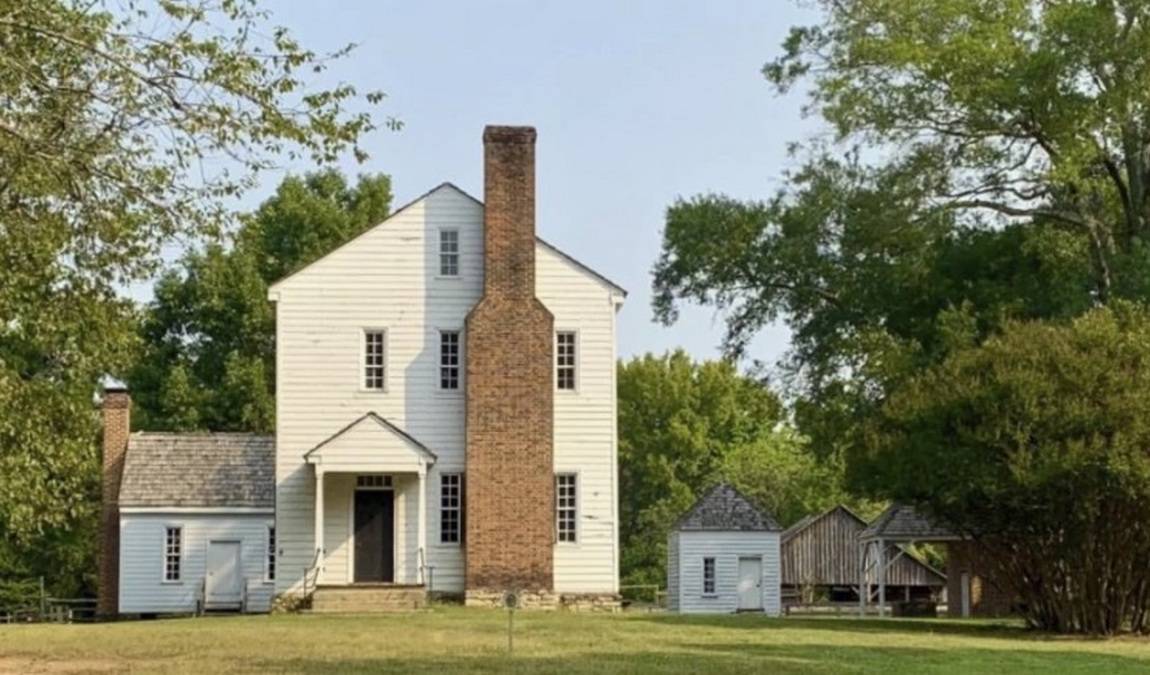 Photo: latta.mecknc.gov
Photo: latta.mecknc.gov
The best time to visit Latta Place with children is during weekdays in the spring or fall when the weather is mild and educational programs are in full swing.
The recommended duration is 2-3 hours.
Our Resume
Latta Place Historic Site offers a rich historical experience, showcasing Federal architecture and providing insights into antebellum life in North Carolina. Despite past controversies, the site is renovating to enhance its educational value and community engagement. With interactive programs and historical reenactments, it is a family-friendly destination worth exploring.


